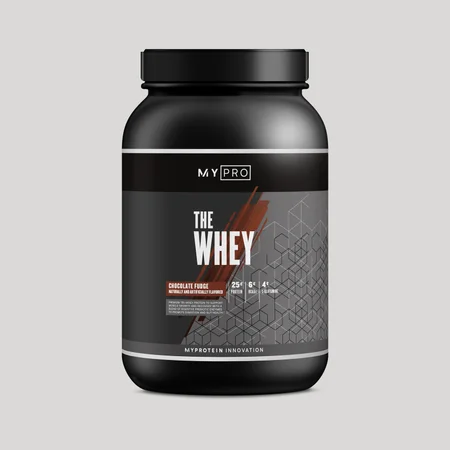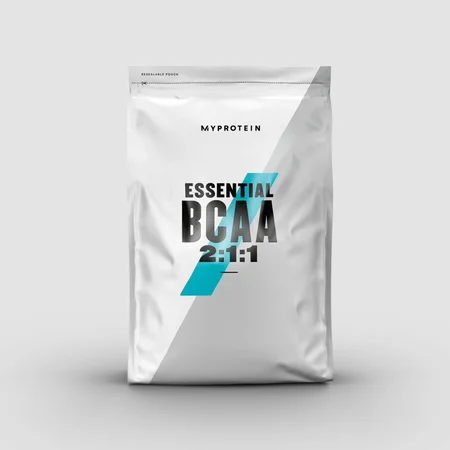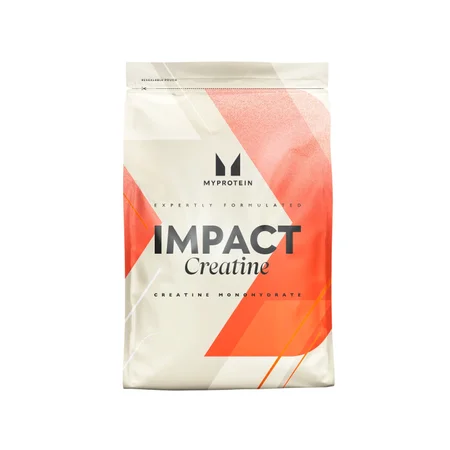Why Take Creatine As A Non-Responder?

You’ve been training for a few months, you’ve already bought your first tub of protein powder and multivitamins, but your friend who has been bringing you to the gym suggests you take creatine. He tells you how it increases the amount of water inside of your muscles and increases ATP to help you push out a few extra reps leading to more growth over time. Sounds like a win-win right?
You end up doing your own research and find out that creatine is the most studied supplement ever and its effects are almost guaranteed when taken correctly and consistently. So what is the next logical step? You go out and buy a pound of creatine monohydrate!
Using Creatine
During the first week you do the loading phase and it’s all going well, you’re gaining weight like you’re supposed to (from water retention) and your friend tells you it will take a few weeks to start to feel the effects when it comes to lifting more. But after about a month you haven’t seen any noticeable gains in the gym while your friend upped his bench press 20 pounds in his first month of taking creatine. What is going on? What has your friend been doing that you haven’t?
Surprisingly, your friend has done nothing different besides having different genetics. Unfortunately you are what is known as a non-responder: someone who could take the correct dose of creatine for years but see no increase in athletic performance. We still aren’t completely sure why this happens, but about 25% of everyone who will try creatine won’t notice results and will most likely never try it again like I once did as a non-responder.
If that was once you or if you have yet to try creatine and experience this in the future, I have good news for you! There are still many reasons why everybody who cares about their health should take creatine daily, even athletic non-responders. Read on to learn why I started taking creatine again and why you should too!

Benefits Of Creatine
The athletic benefits of creatine have been studied countless times over the past half century over and over again. It wasn’t until recently that studies have focused on other potential benefits associated with creatine supplementation, specifically its ability to affect the brain in certain ways. Known as nootropics, or a class of herbs and supplements that affect cognitive function and memory, creatine has been found to fit into this category.
When creatine is ingested it gets absorbed into the bloodstream and can cross the blood brain barrier (something only few compounds can do) and benefit the brain. When in the brain creatine binds with phosphate, this is the form of creatine that can increase the energy supply (A.K.A. increased ATP production) in the brain causing a few things to happen.
Increased energy from creatine in the brain functions the same as increased glucose and oxygen in the brain, allowing neurons and overall brain function to be more efficient. Creatine can actually increase memory and focus. This was proven when participants in a study showed a better short term memory and mental performance when supplementing with creatine compared to a placebo group.

How To Take Creatine
Supplementing with creatine is rather easy and much less complicated than most bodybuilding forums or guys in your gym make it seem. You don’t need to take it post workout to increase intake, you don’t need to take it with other supplements to increase the amount absorbed in the body, and you don’t need to take it with simple carbs to spike your insulin to get it into your muscles (or brain) faster.
The only optional part of supplementing with creatine for the first time is doing a loading phase. This means taking 4 times the daily dose separately for a week to fully saturate your body and “fill your creatine stores” (essentially allowing you to see the benefits faster). There is no harm in a loading phase, but some might not have the discipline or time to bring their container of creatine with them and take five separate doses throughout the day. In this case you can stick to the standard amount of 5g a day.
It will take a few weeks compared to one to start to see the benefits, but in end it will balance out either way once your body is fully saturated. Cycling off creatine is not necessary and can be taken 365 days a year without any side effects. But for those who do have concerns, let’s get into some of the common accusations associated with this supplement.

Dangers of Creatine?
Most of the controversy surrounding creatine isn’t about its health benefits and whether they are true, but rather in anecdotal safety concerns. The biggest myth revolves around creatine causing kidney damage because creatine is filtered through them. But one study conducted to see if this was true had participants with only one kidney taking 20 grams a day (four times the daily dose needed) and showed no adverse effects. So unless you already have a preexisting kidney condition you should have no worries about creatine causing kidney damage.
Another myth includes the idea that because creatine draws water into your muscles you will get dehydrated unless you drink 6 liters of water a day. This of course is blown way out of proportion as your body slowly adjusts and saturates with creatine as you begin to take it, meaning you will need to slowly increase your water intake slightly for maybe a week until it balances out. The last myth involves the loading phase and its potential to create a dangerous amount of creatinine, a toxic by-product of creatine. But not to worry as only about 2% of creatine in the body will convert to creatinine, while the other excess the body doesn’t need will simply be flushed out of the body with no negative side effects.
No matter your age, gender, or activity levels, creatine is a safe and effective supplement!

Take Home Message
So as you can see fellow non-responders, there’s no reason why we need to be left out of the creatine party! This supplement is extremely safe, effective, and very cheap actually. This isn’t always the case though as new forms of creatine seem to come into the market every day. There are forms with ethyl esters, gluconates, conjugates, liquids forms, chewable forms, buffered forms and so on.
While all these forms are no worsethan creatine monohydrate (the most basic form), they have not been proven to be any better when it comes to absorption rates, digestion speeds or overall effectiveness. All they appear to be (until more studies using these forms come out) is a more expensive form of monohydrate with no extra benefit. So my advice would be to start with Creatine Monohydrate, see how your body reacts to it, and eventually upgrading to a more advanced form if you are curious to see if it will have any extra benefits (because who knows they just might, we just don’t know for sure yet). So what are you waiting for! Go out there and buy yourself some












